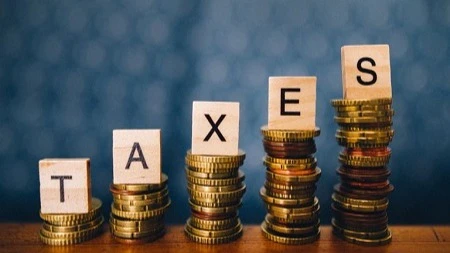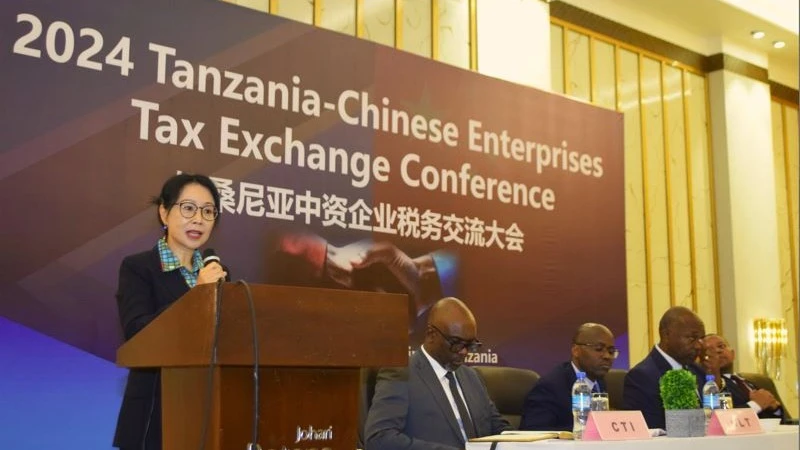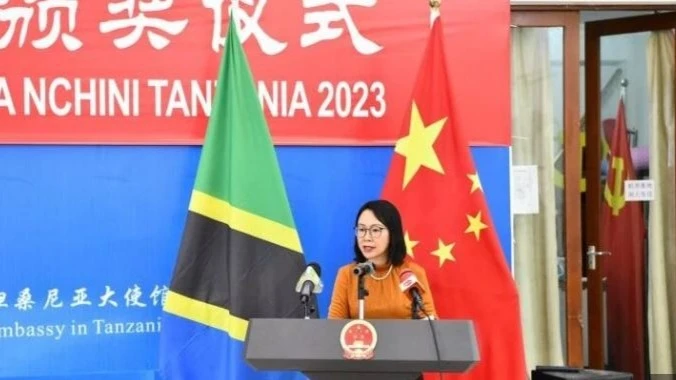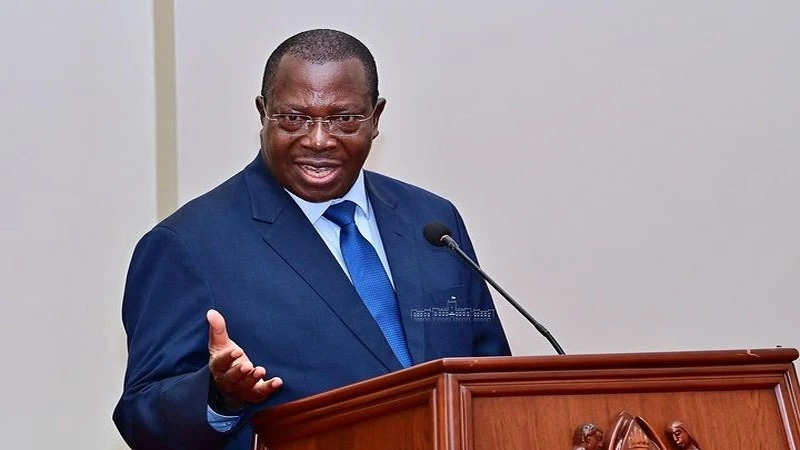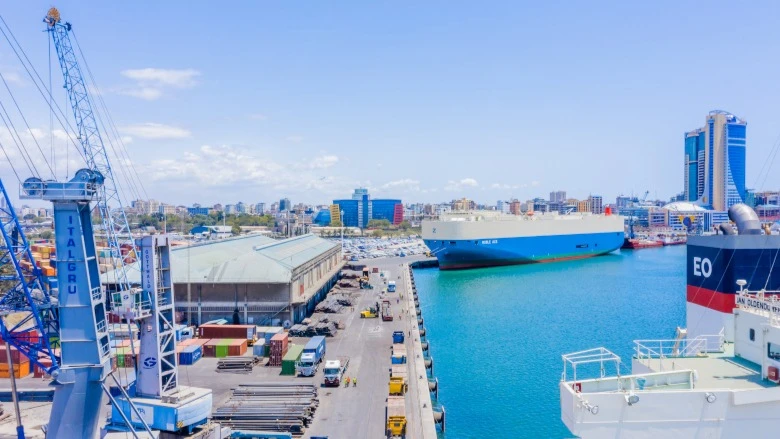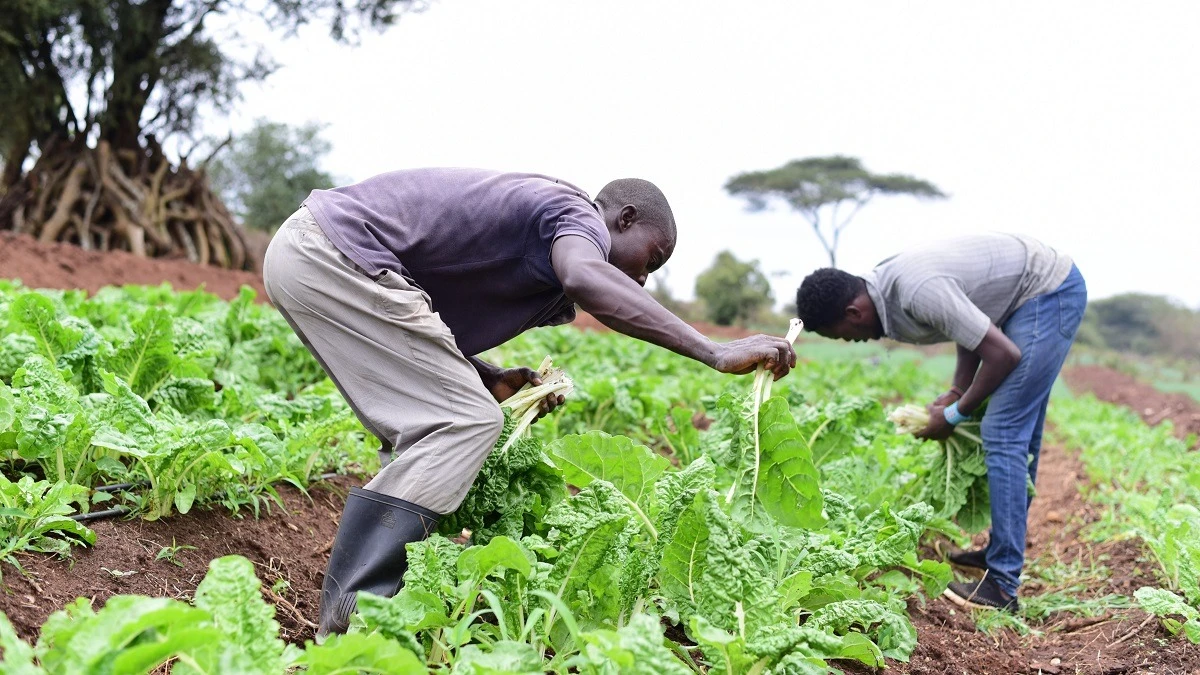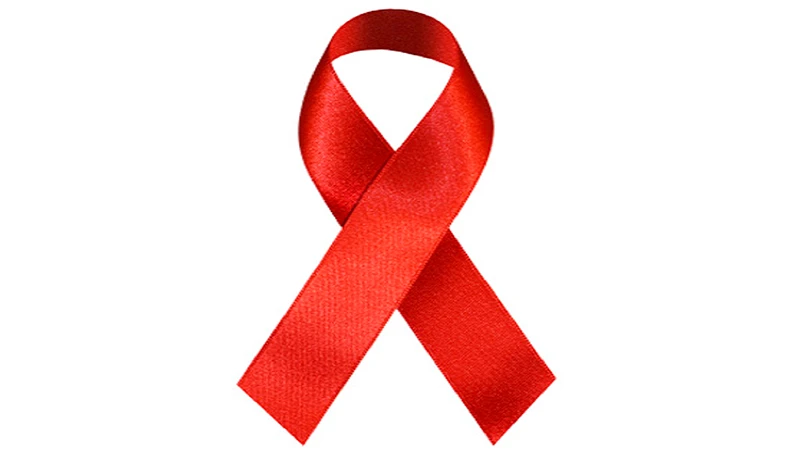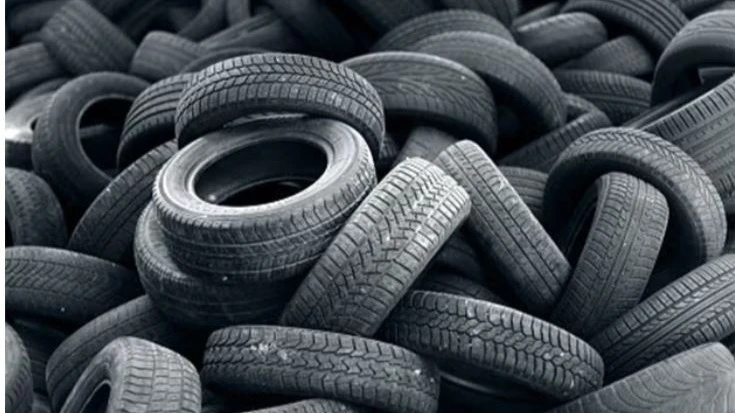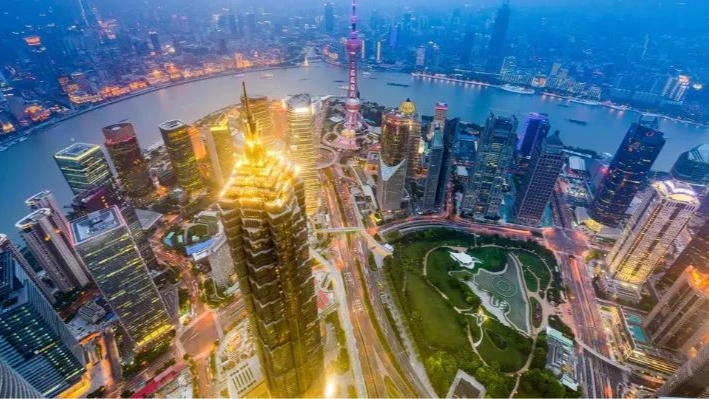What of these pleas for delays in meeting global deadline on climate change action?

CLIMATE change is a strange phenomenon in economic terms, its ravages compelling countries globally to make drastic changes in their energy use strategies.
This is primarily owing to calamities arising from fossil fuel effects and, precisely owing to the huge costs induced by climate change, even the developed countries find it difficult to put up those costs.
For various reasons, a few African countries have moved rapidly in a renewable energy direction, whose preliminary outlays are costly but afterwards the generating of power has few hassles.
Others are trying to improve on an old model, especially if they already were relaying on coal, etc.
A portion of African countries with a large domestic energy are hanging on with firewood and charcoal, which are becoming increasingly unacceptable in the face of desertification and drought.
But while these effects are noticed as well on the local scene, it is becoming increasingly easier at the policy level to adopt a clean cooking energy platform.
One explanation for this is that the gender dimension of fuel wood use is more vivid than the potential ravages of drought.
Other countries where this situation isn’t quite as evident and they are knee deep in the use of coal not just domestically but more so in power generation are compelled to admit they just can’t make a quick shift.
One such country is South Africa, which has recently been quoted as having told a climate action meeting that it would miss its 2030 emissions goals.
The implication here was that the country would likely have to slip up on the policy objectives tied up with climate commitments.
That the country remains committed to “net zero” energy output by mid-century is a different matter, as it all depends on how far it can really succeed in removing financial and other hurdles to the smooth rolling out of renewables.
That is one among background contributions to those who will be setting up the agenda for this year’s global climate change conference, and it isn’t just the South African input they will be discussing.
Some middle-income countries like India had given notice of much the same much earlier, including at the Dubai global climate jamboree.
It was that they were unable to cut down rapidly enough on their reliance on coal, heavy fuel furnaces or the use of diesel and petrol.
If this appeared to be a problem of Global South, the fact is that most European Union countries are reeling back with heavy electoral gains by ‘far right’ parties, objecting to climate policy privations.
Yet the singular threat to the Paris framework of action underlining the COP series of conferences is the next presidential election in the US, as the conservative Republican think-tanks were always skeptical on ongoing and planned climate change action.
They believed that, with time, the earth’s own mechanisms would balance out any carbon dioxide excesses just the way the body soaks up ‘free radicals’ with the right diet – even without medication.
Top Headlines
© 2024 IPPMEDIA.COM. ALL RIGHTS RESERVED







